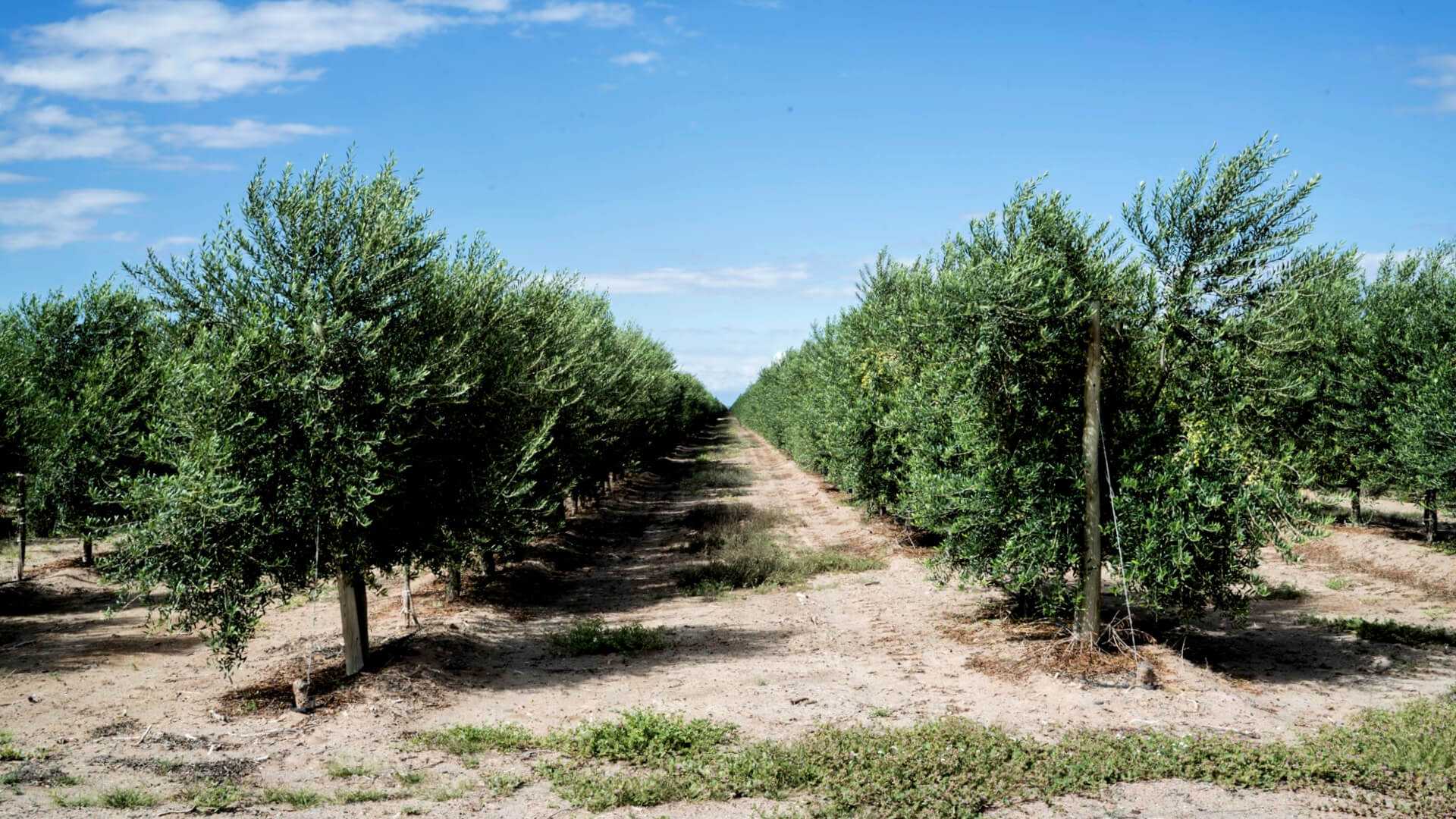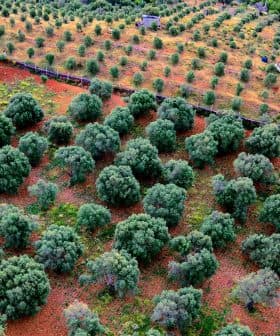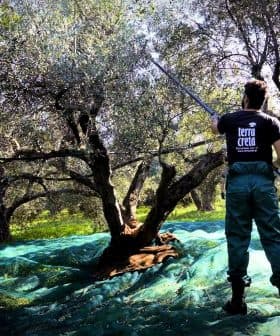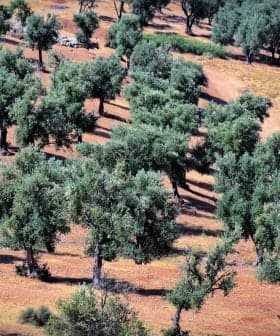Production Declines Again in Argentina

Producers in Argentina harvested 25,000 tons of olive oil in the 2019/20 crop year, which was slightly lower than the previous year and attributed to economic instability and decreased profitability. Despite challenges such as low global prices and decreased domestic demand, some producers are optimistic about the quality of Argentine olive oils and expect production levels to increase in 2021.
Producers in Argentina have harvested 25,000 tons of olive oil in the 2019/20 crop year, according to the country’s Ministry of Agriculture, Ranching and Fisheries.
The total is right around where industry analysts and producers predicted it would be when the harvest began in April.
We do not have good profitability. The problem with exports is that olive oil is worth nothing in the world. The truth is that the price is very bad.
This year’s yield was slightly lower than the previous crop year, in which Argentina produced 27,500 tons, according to data from the International Olive Council. Overall, production in Argentina has steadily decreased since the 2017/18 crop year.
“We estimate that the decrease in the production levels of the entire olive-growing sector could be due to a loss of profitability for the producers, a product of the economic instability of recent years,” Alejandro Ovando, the director of IES Consultores, an agribusiness consultancy, told Olive Oil Times.
See Also:2020 Harvest Updates“[This is] added to the lack of access to credit along with the natural factors of supply, which would have caused a decrease in the gross harvest of olives for the current campaign,” he added.
Persistently low global olive oil prices paired with the taxes imposed on Argentina’s agricultural exports in 2019 and steadily rising production costs have made harvesting and selling olive oil abroad increasingly less profitable.
Ovando said that the Covid-19 pandemic had also presented new barriers to trade for producers.
“There was a decrease in both values and quantities [of olive oil exports], due to sanitary restrictions that countries implemented on global trade after the appearance of the pandemic,” he said.
The problem is further compounded by stagnant domestic demand for olive oil, which has hovered around 7,500 tons per year for the past half decade.
Some producers in the country also blame European Union subsidies, such as payments for the private storage of olive oil, as yet another reason why Argentine oils have trouble competing.
“We do not have good profitability,” Julián Clusellas, president of the Valle de La Puerta olive oil company and a board member of the Argentine Olive Federation, told Olive Oil Times. “The problem with exports is that olive oil is worth nothing in the world. The truth is that the price is very bad.”
“The problem about the price is that Europe subsidizes a lot, the subsidies of the European Economic Community are very high and make the price low,” he added. “Furthermore, the European harvest expectations are good for the coming seasons. The link stocks of one campaign with the other are high, and all this causes the price to fall.”
In 2020, Valle de la Puerta produced 650 tons of olive oil, a decrease of 450 tons compared with last year. Clusellas attributed this drop in production to most of his groves entering an off-year.
However, Argentina’s largest producers are harvesting and selling enough olive oil that they will get through this challenging period. The country’s small producers are facing an even tougher uphill battle.
During the 2020 harvest, many of these small producers had trouble finding workers to harvest their olives, a problem compounded by the Covid-19 pandemic.
“Even in instances prior to the pandemic, producers encountered difficulties in obtaining labor from the so-called swallow workers, who generally migrate in search of job opportunities, something that did not happen during this crop year,” Ovando said.
Clusellas attributed this to the economics of the labor market in Argentina. He said that small producers with traditional olive groves yield fewer kilograms of olives per tree and therefore pay workers less per tree than producers with high density and super-high density groves.
“A worker does not want to go to work at your company when he is not going to get the minimum payment that he needs,” Clusellas said. “If it is a few kilograms per plant, people do not want to go because we all pay more or less the same per kilogram.”
However, there is some reason for optimism among producers. Quality of Argentine olive oils has steadily increased and there are efforts in the country to promote domestic olive oil consumption. Not all producers had a poor harvest, either.
“We had a good harvest in 2020, greater than the previous year, since we had a more benevolent climate, which helped the flowering and formation of the fruit,” Patricia Calderon, the director of Establecimento Olivum, told Olive Oil Times.
“Our agronomists follow the health and nutrition of the plants, which helps us maintain the quality of the fruit,” she added. “Fortunately the climate has worked with us, helping improve the good quality of the fruit that has been harvested.”
As producers across the country strive to keep improving quality, Ovando said that production levels in 2021 are also likely to increase.
“It is probable that by 2021 we will observe a statistical recovery, as a consequence of the current low levels, always subject to an improvement in climatic conditions,” he said.









